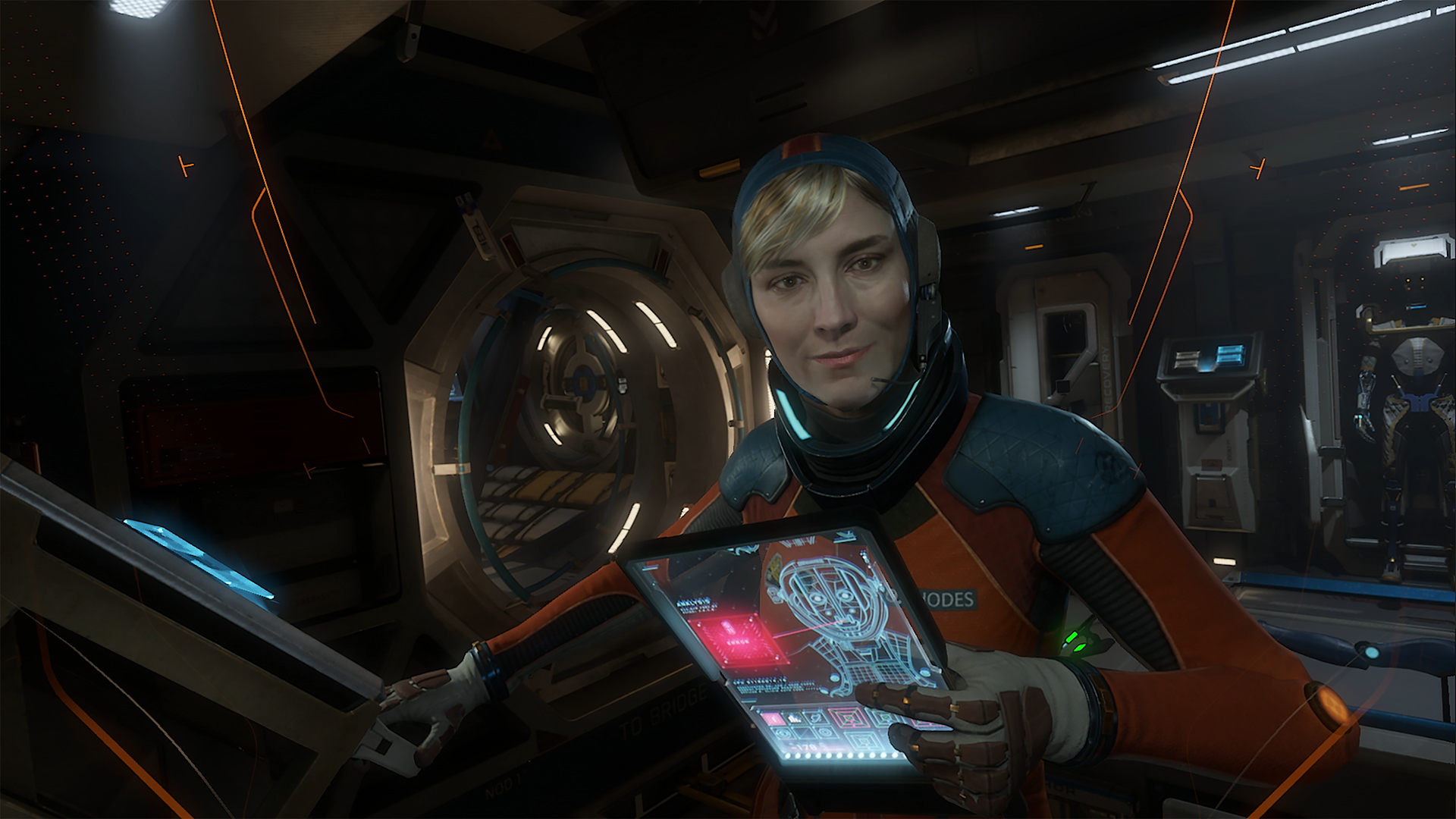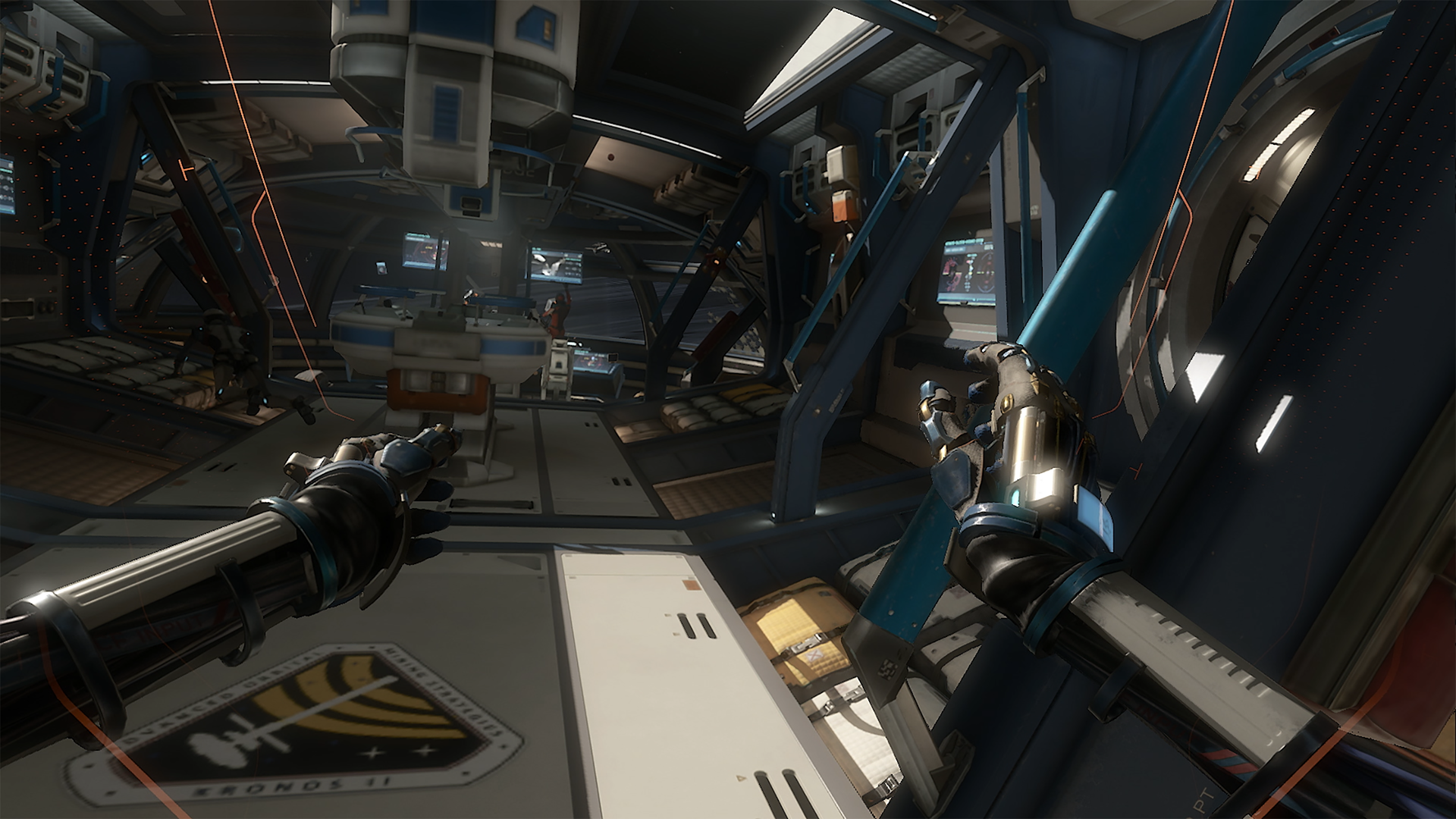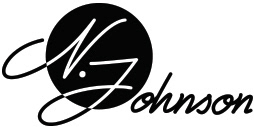OCULUS | LONE ECHO I
Lone Echo is a critically acclaimed narrative-driven VR adventure set in zero gravity, developed for the Oculus Rift. The game embraces immersive sci-fi storytelling with high visual fidelity and complex environments built specifically for VR.
PROCESS
I was embedded with the art team as a technical artist, focusing on environment optimization, and artist-friendly workflows. My role was to improve iteration speed and scene performance across a large, modular space station setting—supporting a small team working under the constraints of real-time VR rendering.
A major focus during Lone Echo’s development was building a new asset pipeline to handle 3D content from Maya, textures from Photoshop, and "baked" mesh data textures from XNormal. This content required preprocessing and seamless integration into a proprietary game engine, ensuring efficiency for artists across the project. To achieve this, I developed a suite of tools and automation processes, including:
• Maya LOD Authoring Tool – Enabled artists to fine tune Level of Detail (LOD) assets and configure transition ranges.
• Complex Mesh Consolidation Utility – Combined intricate meshes into optimized low-resolution and distant vista assets to reduce rendering overhead.
• Asset Packing for Memory Optimization – A toolset designed to detect and reduce duplicate assets in memory.
• XNormal Baking Plugin – Integrated XNormal into Maya workflows for texture baking, streamlining high-to-low poly asset generation.
• Photoshop Texture Exporter – Ensured textures were authored and exported in formats compatible with the game engine, along with validation checks to reduce human error.
• Maya Scene Validation & Cleanup Preprocessor – Automated validation and cleanup of Maya scenes before exporting to the engine, reducing errors and inconsistencies.
• Windows URI Link System – Linked game engine and tool errors directly to the relevant Ready At Dawn authoring tools for faster troubleshooting.
• Complex Mesh Consolidation Utility – Combined intricate meshes into optimized low-resolution and distant vista assets to reduce rendering overhead.
• Asset Packing for Memory Optimization – A toolset designed to detect and reduce duplicate assets in memory.
• XNormal Baking Plugin – Integrated XNormal into Maya workflows for texture baking, streamlining high-to-low poly asset generation.
• Photoshop Texture Exporter – Ensured textures were authored and exported in formats compatible with the game engine, along with validation checks to reduce human error.
• Maya Scene Validation & Cleanup Preprocessor – Automated validation and cleanup of Maya scenes before exporting to the engine, reducing errors and inconsistencies.
• Windows URI Link System – Linked game engine and tool errors directly to the relevant Ready At Dawn authoring tools for faster troubleshooting.

Lone Echo 1 In-Game Capture

